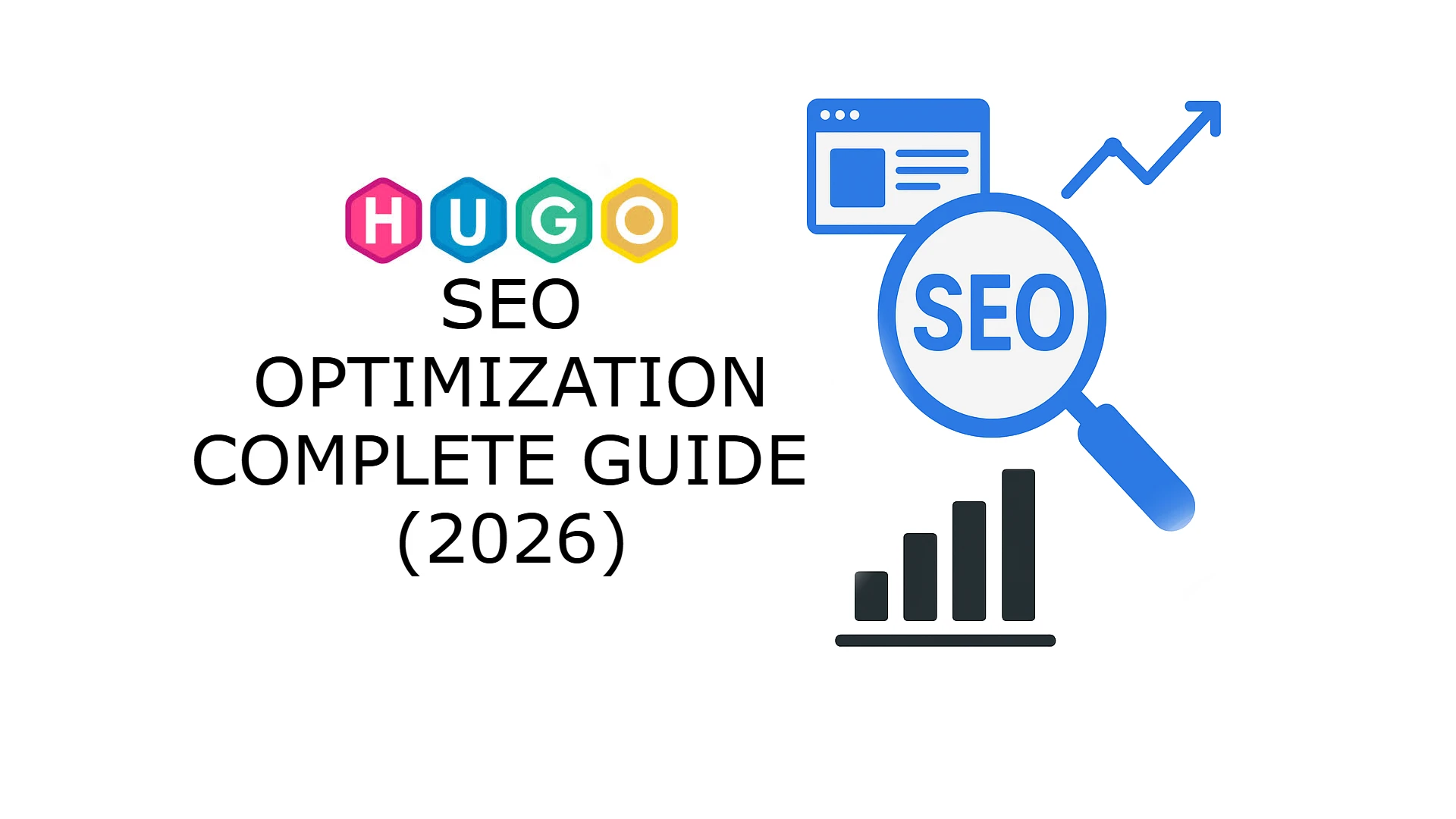Static Site Generators: A Comprehensive Guide

Overview
Static site generators (SSGs) have gained popularity in recent years due to their simplicity, speed, and security. In this detailed blog post, we'll explore what SSGs are, their benefits, and how to choose the right one for your project. Let's dive in!
What Is a Static Site Generator?
A static site generator is a software application that creates HTML pages from templates or components and a given content source. Unlike dynamic sites, which generate content on the fly using databases and server-side scripting, static sites pre-render all pages during build time. This approach offers several advantages:
- Speed: Static sites load quickly since there's no server-side processing.
- Security: With no server-side code execution, the attack surface is minimized.
- Scalability: SSGs handle high traffic without additional server resources.
- Version Control: Content and templates are stored in version-controlled files (e.g., Git).
Why Use a Static Site Generator? (Pros and Cons)
Pros:
- Performance: Static sites load faster, improving user experience.
- SEO: Pre-rendered HTML pages are search engine-friendly.
- CDN Compatibility: Easily deploy static assets to content delivery networks (CDNs).
- Version Control: Collaborate with team members using Git.
- Security: Reduced attack surface compared to dynamic sites.
Cons:
- Dynamic Content: SSGs struggle with real-time data updates.
- Complexity: Some SSGs require a learning curve.
- Build Time: Longer build times for large sites.
- Limited Functionality: Not suitable for highly interactive features.
Static Sites vs. Dynamic Sites
Static sites:
- Content is pre-rendered during build time.
- Ideal for blogs, portfolios, documentation, and marketing sites.
- No server-side processing.
- Excellent performance and security.
Dynamic sites:
- Content generated on the server during runtime.
- Suitable for e-commerce, social networks, and applications.
- Requires server-side scripting (e.g., PHP, Node.js).
- More complex infrastructure.
Top 5 Static Site Generators
1. Next.js
- Stars: 112,320
- Framework for statically-exported React apps.
- Supports server-side rendering (SSR).
- Templates: React
- License: MIT
2. Hugo
- Stars: 69,144
- Fast and flexible SSG written in Go.
- Templates: Go
- License: Apache-2.0
3. Gatsby
- Stars: 54,736
- Blazing fast apps and websites with React.
- Templates: React
- License: MIT
4. Docusaurus
- Stars: 47,957
- Optimized websites with a focus on content.
- Templates: React, Markdown
- License: MIT
5. Nuxt
- Stars: 47,564
- Minimalistic framework for serverless Vue.js apps.
- Templates: Vue
- License: MIT
5. Considerations When Choosing an SSG
- Project Requirements: Consider your project's needs (e.g., content type, interactivity).
- Learning Curve: Choose an SSG aligned with your team's expertise.
- Community Support: Active communities provide better resources.
- SEO Features: Ensure the SSG supports SEO best practices.
- Deployment Options: Check compatibility with your hosting platform.
In summary, static site generators offer simplicity, speed, and security. Evaluate your project requirements and choose the SSG that best fits your needs. Happy building! 🚀


